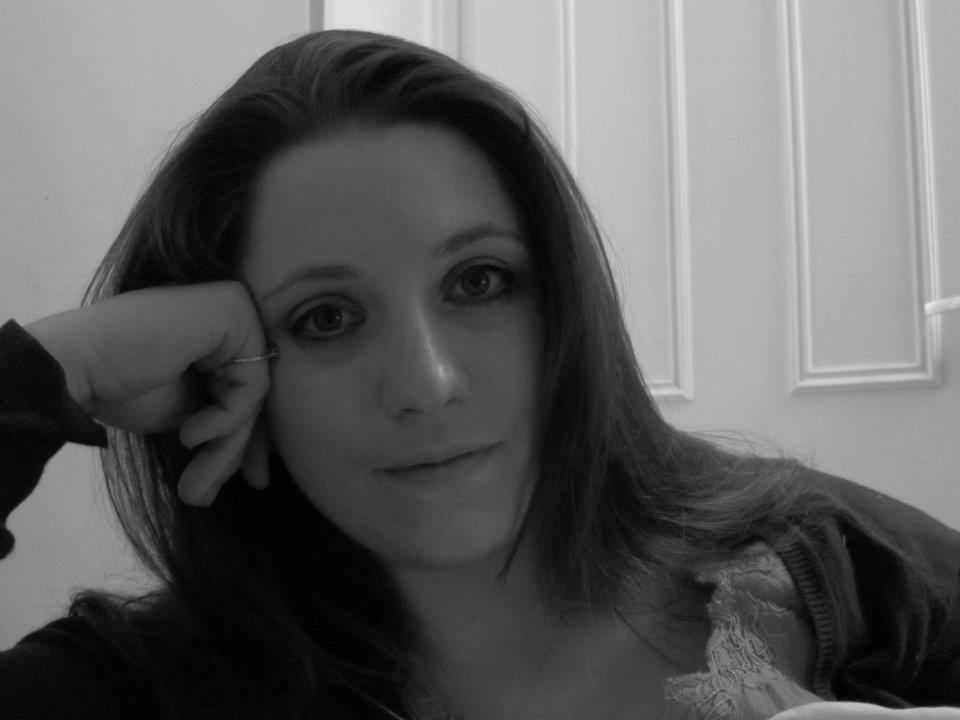
CMSI Lecture: Lucy Bond
Event date: Thursday 9 November 2017, 5.30 – 7 p.m.
Location: Faculty of Arts and Philosophy, Blandijnberg 2, Auditorium 4 Jaap Kruithof (formerly known as Auditorium B)
“Frame Difference? American Memorial Culture from 9/11 to Charlottesville”; given by Dr. Lucy Bond (University of Westminster)
Abstract
Whilst recent scholarship has emphasized memory’s unboundedness (Bond, Craps, Vermeulen 2017) – foregrounding the ways in which objects and narratives travel across generations, cultures, disciplines, and media – this talk returns attention to the frames of memory within which representations of the past are understood and contained. In Frames of Memory after 9/11: Culture, Criticism, Politics, and Law (Palgrave Macmillan, 2015), I argue that the commemoration of the September 11 attacks in the United States from 2001 to 2009 was dominated by three master-paradigms, which mediated the remembrance of 9/11 across diverse discursive spheres, disguising and negating important differences in the politics, ethics, and agendas that informed these acts of memorialization. These models can be defined, respectively, as traumatic memory, heroic memory, and analogical Holocaust memory.
This talk seeks to extend this project by analysing the afterlives of these three frames of memory during the presidencies of Barack Obama and Donald Trump. Turning first to the prosecution of the 9/11 attacks at Guantanamo Bay under the Obama administration, I examine the ways in which the commemorative paradigms established during the Bush years have been destabilized by a juridical process, which has strained the apparently transparent relationship between memory, law, and justice. Second, I argue that recent events in Charlottesville, Virginia, coupled with the rise of white supremacy, have seen an inversion of the frames of memory that circulated after 9/11. Although the discourses of the alt-right draw on many of the orthodox tropes of American memorial culture, here we see a reversal of the conventional victim-perpetrator relationship, and the emergence of a counter-historical mode of Holocaust memory.
Ultimately, the ideological shifts that have informed American memorial culture from 9/11 to Charlottesville exemplify the fact that memory is simultaneously bound and unbound. Whilst the tropes that have dominated commemorative discourse have remained largely the same since 2001, they have been continually remediated, and in some cases reversed, to fit the changing demands of the present. The values they underpin have undergone radical revision, calling into question the relationship between the aesthetic frames of memory and its ethical content.
Bio
Lucy Bond is senior lecturer in English at the University of Westminster. She has taught and written widely on the culture and politics of trauma and memory, focusing on the commemoration of 9/11, transcultural memory, and memory and the environment. Recent publications include The Transcultural Turn: Interrogating Memory between and beyond Borders (de Gruyter, 2014; coedited with Jessica Rapson), Frames of Memory after 9/11: Culture, Criticism, Politics, and Law (Palgrave Macmillan, 2015), Memory Unbound: Tracing the Dynamics of Memory Studies (Berghahn, 2017; coedited with Stef Craps and Pieter Vermeulen), and a special issue of Textual Practice on “Planetary Memory” (2017; coedited with Ben de Bruyn and Jessica Rapson). Lucy is currently co-authoring the Routledge New Critical Idiom guide to Trauma with Stef Craps. Her next research project, with Jessica Rapson, is entitled Processing Memory, and examines the historical intersection of race, environment, and law in the American Gulf States.
All are welcome. Admission is free, and registration is not required. For more information, please contact Stef Craps.
